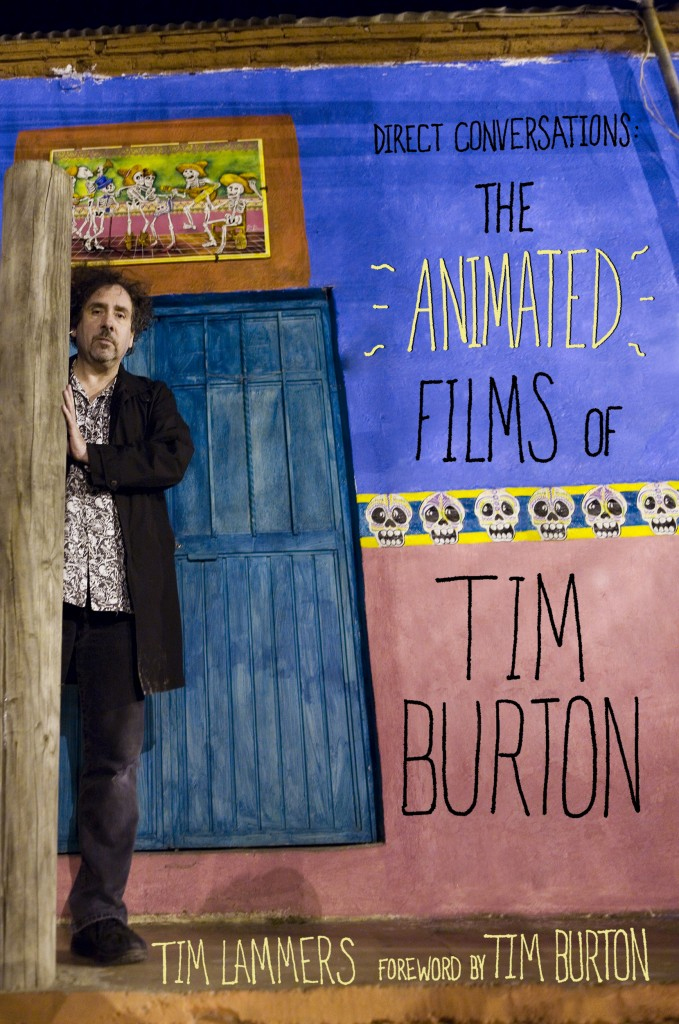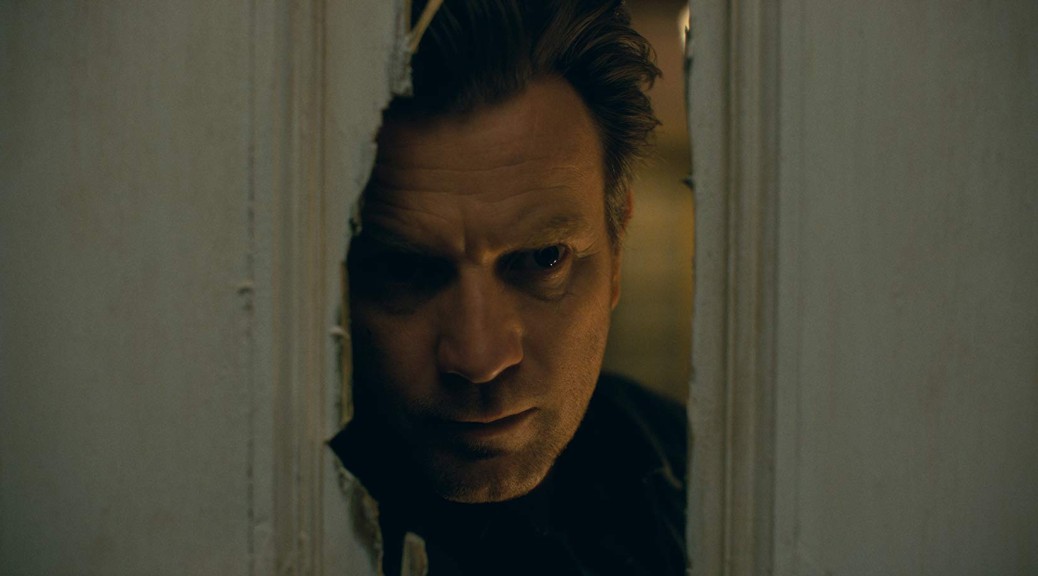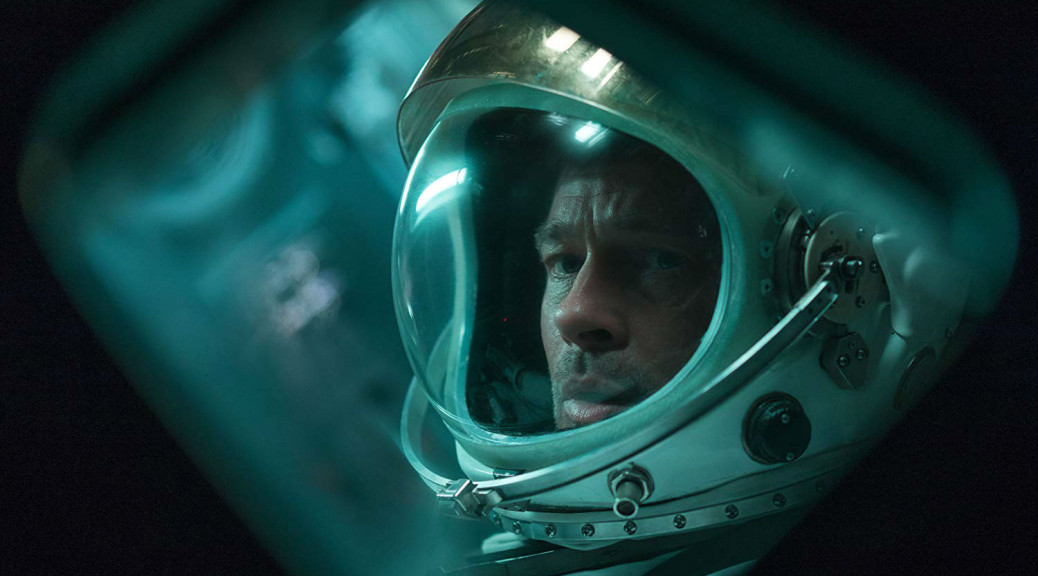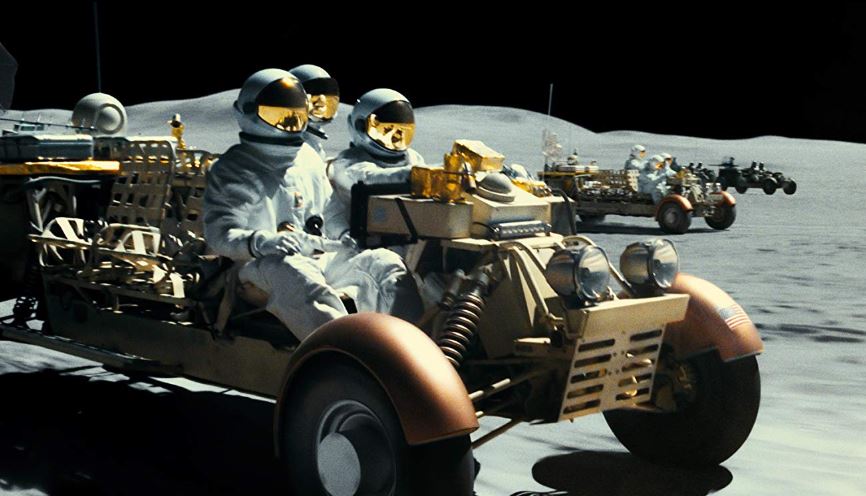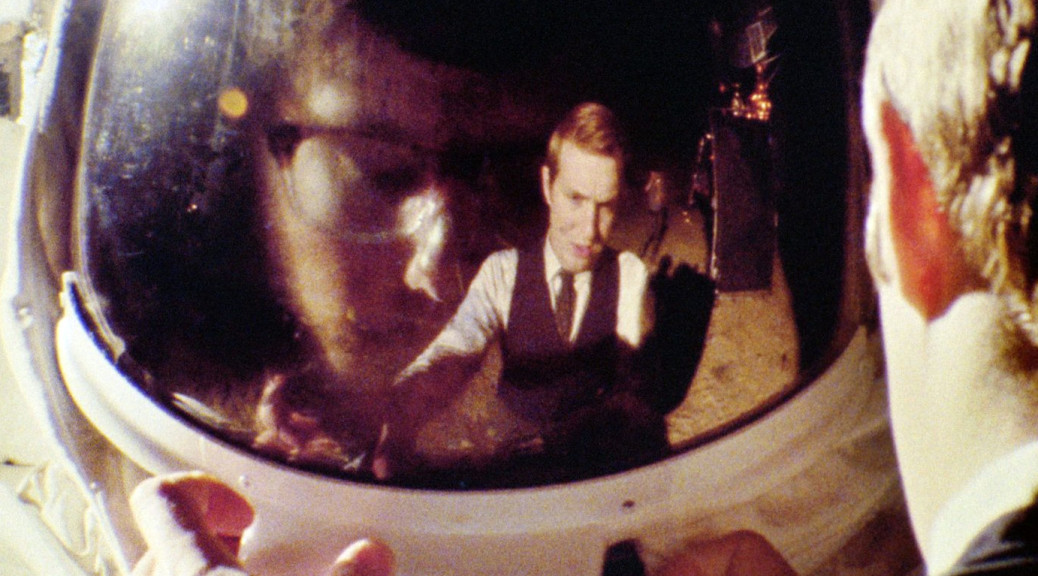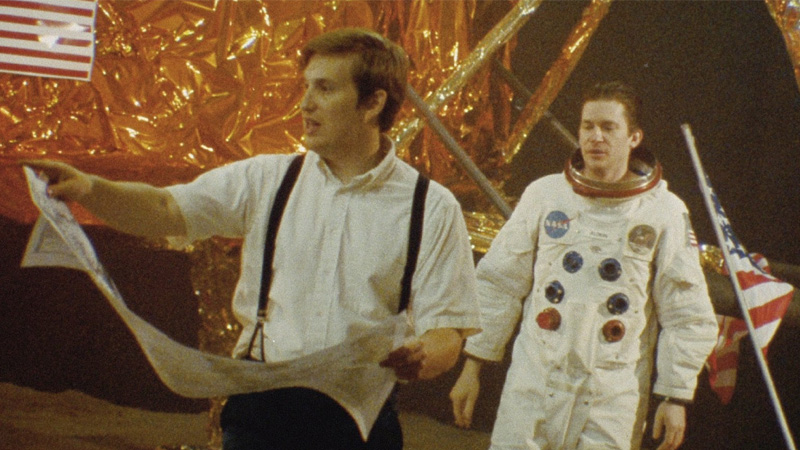“Doctor Sleep” (R)
The haunting visions of Stephen King’s “The Shining” have been frightfully reawakened with “Doctor Sleep,” a creepy, intense and too-disturbing-for-its own good at times sequel to the director Stanley Kubrick’s 1980 horror film classic.
Based on King’s 2013 novel of the same name, writer, director and editor Mike Flanagan’s 2-hour, 30-minute opus doesn’t come close to “The Shining,” but it is still impressive, nonetheless. It’s clear that Flanagan (“The Haunting of Hill House”) was intent on making the sprawling tale of Danny Torrance his own while honoring the Kubrick film; yet it somehow manages to capture the same tone of “The Shining” even though “Doctor Sleep” is set largely away from the Overlook Hotel.
AUDIO: Hear Tim’s review of “Doctor Sleep” with Tom Barnard on “The KQ Morning Show” on KQRS-FM. The segment is brought to you by Michael Bryant and Bradshaw & Bryant.
“Doctor Sleep” begins in flashback, where Flanagan casts lookalike actors to step in for the young Shelley Duvall and Danny Lloyd to pick up the lives of Wendy and Danny Torrance not long after the murderous events at the end of “The Shining.” Naturally, Danny has been left deeply traumatized by the actions of his father, Jack, and coupled with his gift (or curse) of “the shine” — which gives psychic abilities to see horrific visions of the past and communicate with others who have similar abilities –- he’s barely able to function. The trauma is so debilitating that it drags on into Danny’s (the always great Ewan McGregor) life as an adult, where, like his father, Jack, he has taken refuge in a bottle.
Danny’s life takes a turn, however, when he meets a fellow alcoholic, Billy Freeman (Cliff Curtis), and begins to communicate with Abra Stone (Kyliegh Curran in an impressive big screen debut), who has a more powerful version of the shine. Unbeknownst to both Danny and Abra, however, is a growing, deadly threat: There’s a small group of quasi-immortal people known as The True Knot, led by the malevolent Rose the Hat (a brilliant Rebecca Ferguson), who hunt down and kill children with the shine, consuming a steam that they expel while they are dying, the essence of which fuels their immortality.
While he doesn’t quite have the presence that Jack Nicholson did in “The Shining,” there’s no question McGregor commands your attention in “Doctor Sleep” as a deeply troubled individual trying to lock away his past in metaphorical boxes, only to be faced with confronting those demons once again as Danny is forced to return to the Overlook Hotel for a cataclysmic showdown in the last 20 minutes of the film’s third act.
It’s there where we get to experience Abra’s true powers and Rose the Hat’s ultimate wickedness, and not surprisingly, the return of Jack Torrance. But instead of using the benefits of CGI or clips from the original “Shining” to bring Jack back, Flanagan opts instead to recast the role, presenting Henry Thomas (“ET the Extraterrestrial”) as Jack Torrance/Nicholson in 1980, along with the recasting of all the other specters that haunted the young Danny from the original film.
It’s hard to say why, exactly, Flanagan took that route, other than to guess he did so to fend off any accusations that he was ripping off Kubrick to benefit his own film. No matter the case, the recasting works enough to grab viewers for the film’s frightening conclusion.
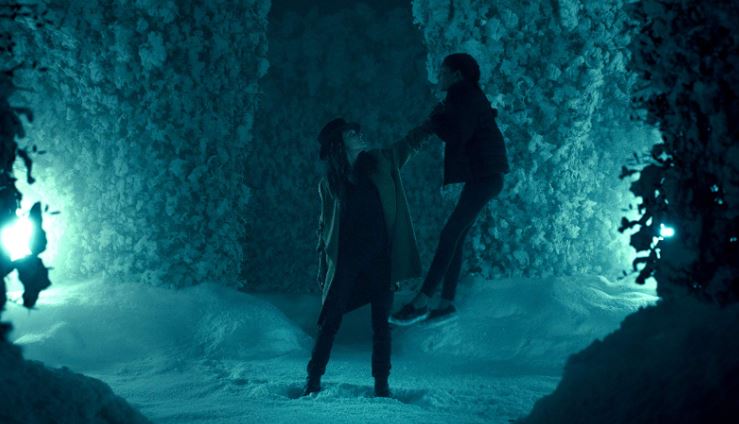
Not having read the original source material, it’s hard to say how faithful “Doctor Sleep” is to the original King novel. My guess is that it’s very faithful, given that it takes some time (exemplifying King’s meandering ways) for the plot to come together. No matter the case, one thing is certain: King has an unhealthy obsession with the way children are brutalized, either psychologically or physically (or both) in his novels.
From the doomed teenage character in “Carrie” to the Loser’s Club in the “It” films to the unfortunate child victims in “Pet Sematary,” there’s no doubt King forces adults to confront their worst fears; but in the case of “Doctor Sleep,” there’s a disturbing scene with a pre-teen (Jacob Tremblay) that crosses the line as Rose the Hat and her frightening band of immortals carry out a ritual to feed upon the fear and pain of their young victim. It is downright amazing Warner Bros. didn’t take a harder look at the scene and ask Flanagan to tone things down. It’s an unnecessarily disturbing scene that stains an otherwise stellar horror film.
Lammometer: 8 (out of 10)
Tim Lammers reviews movies weekly for “The KQ92 Morning Show” on KQRS-FM, “Paul and Jordana” on WCCO Radio, “It Matters with Kelly Cordes on WJON-AM, KLZZ-FM, “The Tom Barnard Podcast” and “The BS Show” with Bob Sansevere, and reviews streaming programming on WCCO Radio’s “Paul and Jordana” as well. On TV, Tim has made hundreds of guest appearances on “KARE 11 News at 11” (NBC).
Copyright 2019 DirectConversations.com
